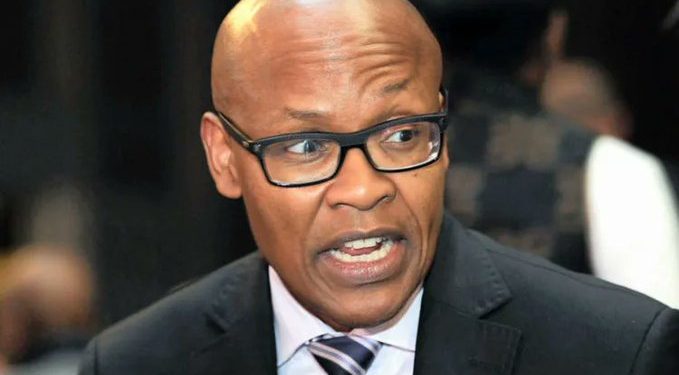The uMkhonto weSizwe (MK) Party has removed Mzwanele Manyi from his role as chief whip in Parliament, a sudden move linked to growing internal tensions and what party sources describe as “self-serving arrogance.”
Manyi’s dismissal has caused significant disruption within the party, coming just weeks after MK’s parliamentary debut following its strong performance in the national elections. Backed by former president Jacob Zuma, the party has been working to establish itself as a major force in South African politics.
A senior MK insider revealed: “Arrogance was his downfall. He ignored advice, failed to protect the caucus, and constantly sought the spotlight. He pushed others aside to dominate media attention.”
Manyi, a former government spokesperson and media executive, had become one of MK’s most visible figures in Parliament, known for his bold—and sometimes divisive—public statements. However, sources say his media-centric approach created friction within the party, with some accusing him of prioritizing personal visibility over party unity.
“There was a clear gap between his public persona and the caucus’s needs,” another insider said. “Many felt he cared more about his own image than fostering discipline and cohesion.”
While the party has not issued an official explanation for Manyi’s removal, insiders confirm that the decision followed intense discussions among MK’s top leadership regarding strategy and representation.
Political analysts see the move as reflective of broader struggles within the fast-growing party.
“MK is still defining its role in Parliament, and power dynamics are naturally volatile,” said political analyst Lindiwe Motsepe. “Manyi’s removal suggests the party is wrestling with internal governance while trying to project a strong, unified front.”
As of Tuesday, Manyi had not publicly commented on his dismissal. His replacement is expected to be named soon, with younger MPs—seen as more aligned with collective leadership—reportedly under consideration.
The MK leadership is said to be tightening control over its parliamentary caucus as scrutiny from rivals and the media intensifies. Manyi’s abrupt exit underscores the challenges of maintaining unity in a party that seeks to balance revolutionary rhetoric with disciplined political strategy.






















